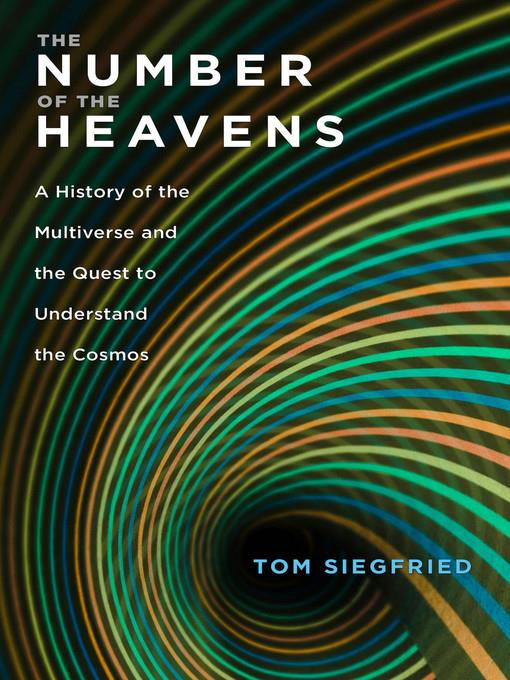
The Number of the Heavens
A History of the Multiverse and the Quest to Understand the Cosmos
کتاب های مرتبط
- اطلاعات
- نقد و بررسی
- دیدگاه کاربران
نقد و بررسی

Starred review from July 29, 2019
While many might think of the idea of the multiverse as something new, science writer Siegfried (A Beautiful Math) describes how this seemingly fanciful concept—that this universe is one of many—has been accepted by thinkers and philosophers for millennia. Siegfried opens his detailed history with the ancient Greeks, when “atomist” philosophers imagined “innumerable worlds” created by the motion of spinning atomic whirlpools. The multiverse lost ground when Plato insisted on a perfect singular cosmos, fueling his student Aristotle’s claims that there could only be one universe. These dominated the scientific consensus until 1277, when the Bishop of Paris, Étienne Tempier, announced that God was fully capable of creating more universes, and that anyone saying otherwise would face excommunication. Siegfried profiles fascinating figures over the centuries, such as medieval polymath Roger Bacon, natural philosopher William of Ockham, and astronomer Nicholaus Copernicus. The author also explains groundbreaking ideas such as Albert Einstein’s infamously difficult cosmological constant, quantum mechanics, and the big bang. This clear and thoughtful work of popular science serves as a fascinating history of one of the most provocative concepts in modern physics, while also tracing its roots in ancient ideas and exploring its implications for this universe and others.

September 1, 2019
The 2015 discovery of gravitational waves launched an increase in popular treatments of physics and astronomy topics. What sets this book by Siegfried (Strange Matters) apart from others is the quality of his writing, as well as the direct links he draws between contemporary and ancient views of the multiverse concept. As he notes, the debate on whether there are one or many universes continues among contemporary thinkers. The former editor of Science News, Siegfried attended cutting-edge physics conferences, and draws upon conversations with researchers at the meetings to bring immediacy to the modern-day portions of the book. His reading in medieval philosophy that prompted him to write the book provides an equally solid base. VERDICT This well-written book explores the concept of more than one universe than ours, drawing on the musings of philosophers, astronomers, and physicists from the ancient Greeks, through medieval thinkers such as Nicolaus Copernicus and Max Planck to Albert Einstein and current cosmologists Rocky Kolb and Joe Lykken. It will intrigue YA readers on up.--Sara R. Tompson, Lawrence, KS
Copyright 2019 Library Journal, LLC Used with permission.

























دیدگاه کاربران